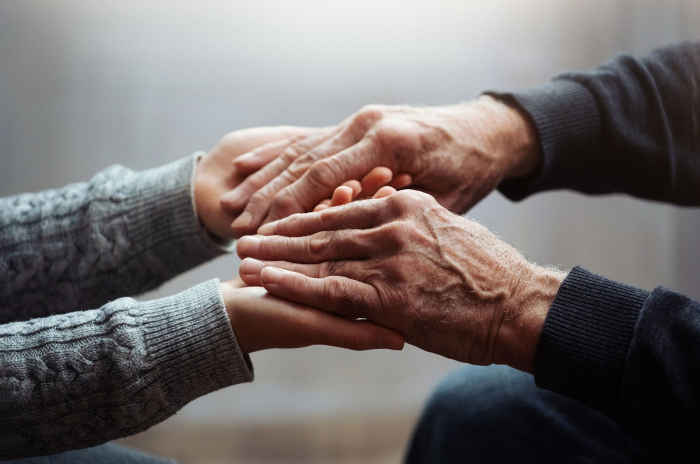"The best available evidence clearly shows that rates of ageism vary across the world, with low and lower-middle-income countries having the highest rates," Kazuki Yamada, project manager of the United Nations Decade of Healthy Aging Platform, told Anadolu Agency (AA).
"Globally, one in two people are ageist against older people; and in Europe, younger people report more perceived ageism than other age groups. But it is important to note that more research and data is required to draw conclusions based on geographical generalizations," Yamada stated, referring to a WHO study.
Yamada highlighted that one in every six people aged 60 and above experiences abuse annually, with higher rates prevalent in institutional settings such as nursing homes and long-term care facilities. Alarmingly, two out of three staff members admit to abusing an older person within the past year.
In addition to the devastating toll the coronavirus pandemic has had on the lives of many older individuals worldwide, it has also exposed ageist stereotypes, prejudice and discrimination against this demographic age group, Yamada added.
"In some contexts, scarce resources, such as ventilators or access to intensive care units, were allocated according to chronological age. Chronological age has also determined physical isolation measures in different countries. Using chronological age as the sole criterion for physical isolation measures and extending periods of confinement is discriminatory because it fails to account for the diverse capacities and needs of older populations."
Yamada further commented on the portrayal of the elderly on media during the COVID-19 pandemic.
"Ageism has also manifested in news and media coverage of the pandemic, with older adults being generally portrayed as a homogeneous, vulnerable and as substantially different from other age groups. Portraying older adults as frail, vulnerable and in need of protection ignores the great diversity that is evidenced in older age. Such messages can also seriously impact the health and well-being of older adults."
More about:
















































